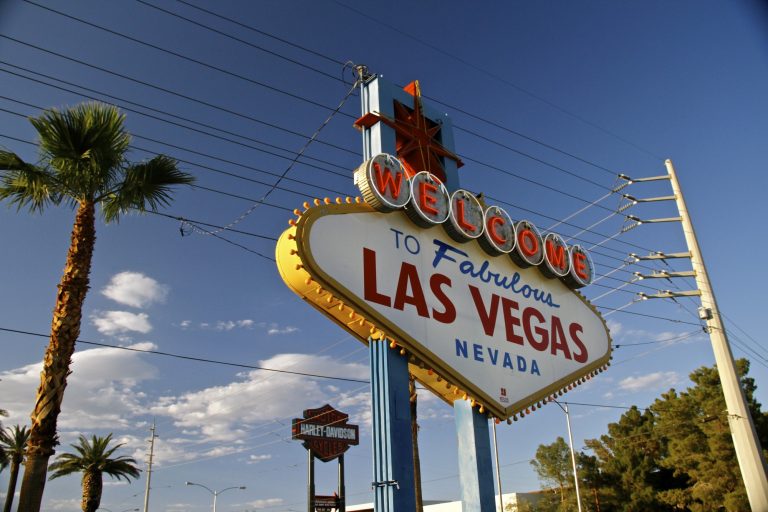Blocked Artery in the Body: Causes and Symptoms
About 697,000 died from heart disease in the US last 2020. Considering the population, this should not be a trivial matter.
A blocked artery is more than inconvenient – it can lead to more serious issues. Fortunately, as long as you catch it early enough, you can keep it from getting worse.
Here, we’ll take a look at the causes and symptoms of a blocked artery.
Identifying the Causes
Arteries are the blood vessels that carry oxygen-rich blood from the heart to the rest of the body. When an artery becomes blocked, it can lead to serious health complications. A blocked artery can be caused by several factors, including a buildup of plaque, blood clots, or inflammation.
One of the most common causes of blocked arteries is when you develop atherosclerosis. Other causes include smoking, high blood pressure, diabetes, and a family history of heart disease. Read about them below:
Atherosclerosis
Atherosclerosis is a gradual process that can begin in childhood and progress over time. Cholesterol and other substances build up on the inner walls of the arteries.
They form plaques that can harden and narrow the blood vessels. This can reduce blood flow and increase the risk of complications such as heart attack or stroke.
Smoking
Cigarette smoke contains chemicals that can damage the inner lining of the blood vessels. It makes it easier for plaques to form. Smoking can also increase blood pressure and reduce oxygen levels in the blood. It further increases the risk of complications.
High Blood Pressure
High blood pressure can also contribute to the development of artery blockages. When blood pressure is consistently high, it can damage the walls of the blood vessels. It increases the risk of plaque buildup.
Uncontrolled Diabetes
Uncontrolled diabetes can also increase the risk of artery blockages due to the damage it can cause to blood vessels. It increases the risk of inflammation.
Recognizing the Symptoms
A blocked artery in the body is a serious medical condition that carries formidable risks and should be addressed immediately. When a blocked artery restricts the delivery of blood, symptoms can include chest pain, shortness of breath, fatigue, dizziness, or numbness in the extremities. In some cases, there may be no symptoms at all.
Warning signs of a blocked artery include pain in the chest that radiates out to the arm, jaw, shoulder, or back, sweating, nausea, and vomiting. If left untreated, a blocked artery may cause a heart attack or stroke and could even be fatal, so addressing any concerning symptoms quickly and consulting with a vascular surgeon here may help to diagnose and subsequently prevent further, more serious issues.
Know the Causes and Symptoms of a Blocked Artery
Conclusively, a blocked artery in the body can cause serious illnesses and even death.
Everyone should be aware of ways to reduce the potential risks of blocked arteries, such as avoiding smoking, controlling cholesterol and blood pressure levels, and maintaining a healthy diet. If you suspect you may have blocked arteries, consult your doctor right away to receive the proper care.
If you want to explore the best topics, we’ve got you covered. Check out some of our other blogs today!






